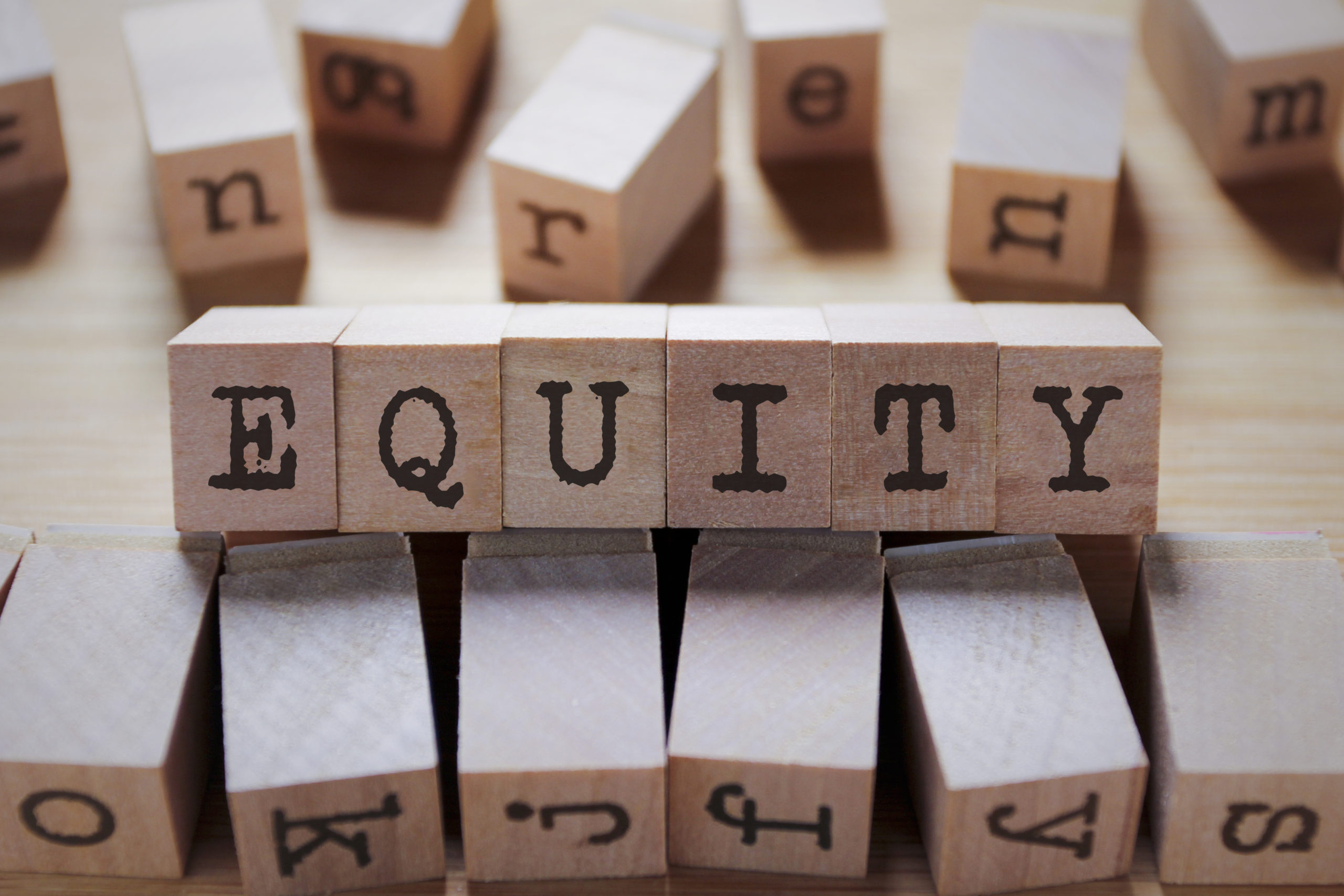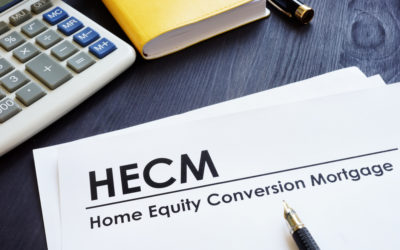Did you know that it is possible for older adults who have reverse mortgages to use their home equity in order to fund their retirement?
Many homeowners who have mortgages have noticed that the equity in their homes has dramatically increased during the last few years. This is why so many people are wondering if it’s possible to access this equity.
This can be an especially helpful resource if you are facing a financial emergency. To help you figure out how to access the equity in your home, we have put together a guide. Keep reading if you want to find out more.
Home Equity Loan
A home equity loan is a second mortgage for a fixed amount. If you take out a home equity loan, you will need to repay it over a set time period, such as twenty years.
This kind of loan can be a useful way to access cash for making home improvements or debt consolidation. To use a home equity loan, you will need to have built-up equity in your home by paying down your mortgage.
You can then apply for a home equity loan through a bank or other lender, and use the loan proceeds for your preferred purpose.
It will be necessary for you to make monthly payments on this loan, including interest until you are able to pay it off. If you want to find out more about home equity loans, it is a good idea to get ahold of your mortgage loan officer.
Home Equity Line of Credit (HELOC)
This is one of the most flexible options for accessing the equity in your home. This is a kind of second mortgage that has a revolving balance.
This means that you will be able to borrow what you need. Once you pay off this balance, it will be possible for you to borrow again.
There are many similarities between a home equity line of credit works and how a credit card works. The main difference is that the interest rates will be much lower with a home equity line of credit.
One of the main differences between HELOCs and other kinds of secondary home loans is that HELOCs do not typically have closing costs. Also, keep in mind that HELOCs have adjustable interest rates.
These rates will fall and rise during the life of your loan.
Reverse Mortgage
This is a kind of loan that allows homeowners who are 62 years or older to access the equity in their homes. Unlike a traditional mortgage, you won’t need to make monthly payments with a reverse mortgage.
Instead, the loan will be repaid when you sell your home or passes away.
To use a reverse mortgage, you will need to meet the age requirement. It will also be necessary for you to own a home with enough equity to qualify for the loan.
After applying for a reverse mortgage, your lender will evaluate your home and your financial situation. They will then decide how much you can borrow.
You can use the loan proceeds for any purpose. But you should make sure to carefully consider the terms of a reverse mortgage. Consider seeking independent advice to help you figure out if it is the right choice for you.
Cash-Out Refinance
You might not need to take out a second loan with a cash-out refinance. But this can be a good option if you need to get additional funds.
You will need to refinance your home for a larger amount. This will make it possible for you to make use of the difference in cash. It is important to be aware that the closing costs for a cash-out refinance tend to be very high.
Therefore, many traditional lenders might determine that you are a riskier borrower.
Equity Sharing Agreement
You might be able to access the equity in your home by means of an equity-sharing agreement. With this type of agreement, an equity-sharing company will buy out a portion of your home’s equity.
After a certain period of time has passed, you can either buy out your share of the equity or pay a portion of this amount when you sell your house.
Things to Think About When Cashing Out Equity
Home equity can be a financial cushion. But it is not always wise to use your home as a piggy bank for emergency situations.
You should also understand that it can take time to cash out your home’s equity. It will also be accompanied by various requirements and fees.
For example, the majority of home equity lines of credit require people to have more than 20 percent equity in their homes.
Some loans will also require you to have at least twenty percent remaining equity after you cash out. It also might be necessary for you to have an income requirement and a minimum credit score.
A cash-out refinance will start your monthly payment and term anew. On the other hand, with a home equity loan, you will need to make additional payments on top of your monthly mortgage payment.
Therefore, expect the amount of money that you pay for your mortgage to increase.
Understand What It Takes to Access Your Equity
If you need to access the equity in your home because you are in financial trouble, it is important to understand that there are various options that are available to you.
Are you interested in taking out a reverse mortgage? If so, Good Life Home Loans is here to help you. Don’t hesitate to check out our reverse mortgage calculator if you want to find out how much equity you will be able to access.

 1-866-840-0279
1-866-840-0279


